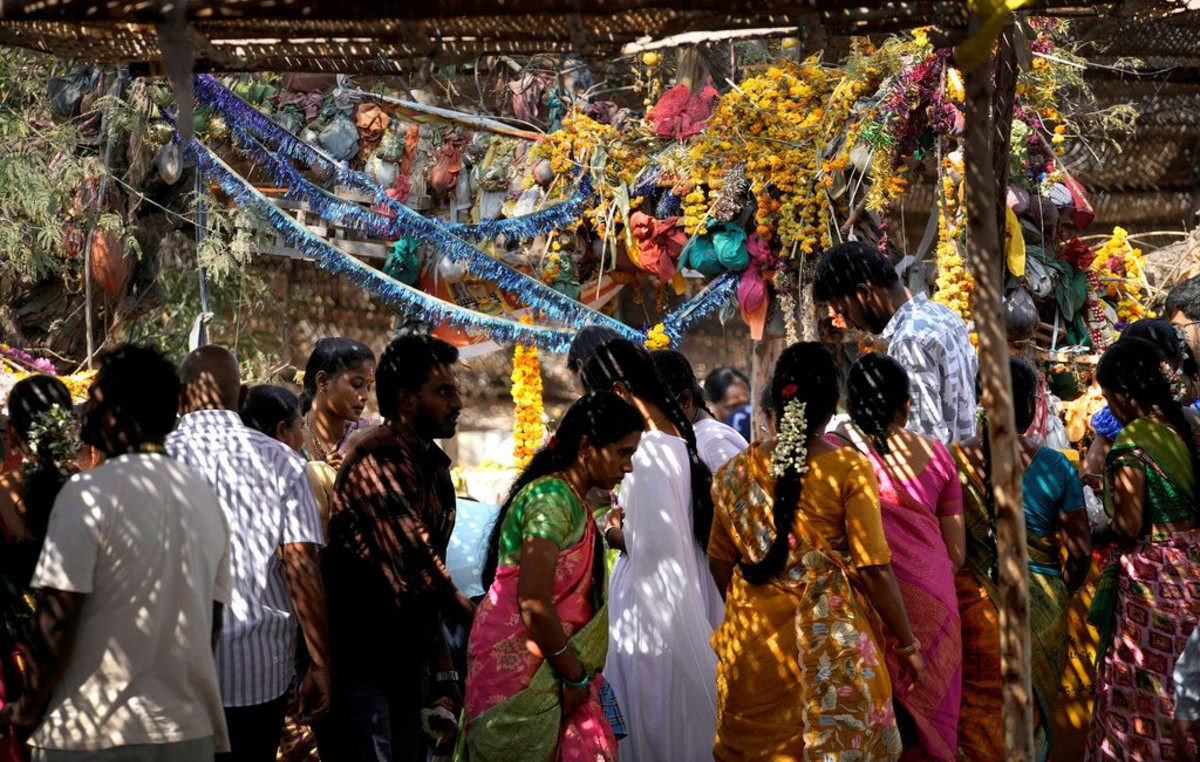How has the pandemic that has devastated the planet changed our inner world since January 2020? How have family balances, people’s fears, everyday life, the vision of the future changed? Giulio Costa, psychotherapist and coordinator of the psychology service of the Lodi hospital, as well as coordinator of support activities for students of the Catholic University, tells us about it in the second season of the Podcast Stories that are yours too.
How has your work changed with the arrival of Covid 19?
“From the day the epidemic broke out, I had to isolate myself.
I had been in the Codogno hospital the same morning in which patient 1, Mattia Maestri, was identified and I immediately ended up in quarantine. I started talking about Covid right away: what is happening, what can happen. I saw the families being separated, the area of Codogno and its surroundings militarized. There was a theme of detachment and distance, of fear of contagion and fear of infecting others with whom we found ourselves having to deal with ».
Were you directly affected by what was happening?
«In my team of thirty people, only six of us were negative. I worked remotely with health workers and their families to give psychological support and manage the born out ».
How did the decision to make a podcast come about?
«It was a therapeutic and elaborative choice for me too. I got tired of the press conferences at 6pm with the numbers of the dead and infected, I realized that they changed my mood. I had my parents both positive, I was in a particularly delicate moment and I understood that I had to give voice to my frailties, sharing what so many people were going through at that moment “.
A way to process suffering?
“Not only. I understood that many people could find themselves in the frailties but also in the resources that others were activating to go through that moment. They could have been inspired by stories of resilience and rebirth ».
Why a podcast?
“I have always been passionate about languages and there was a great need for orality, for listening, at a time when the pandemic had put distance and detachment between people. The Instagram direct, which multiplied in those months, expressed a need to give voice and I then thought of a podcast that would tell stories close to me, born in the stretch of Via Emilia that goes from the red area of the Lodigiano up to Piacenza. A stretch of road that usually joined me to the others, because I make a sort of commute between Piacenza, Milan and the Lodi area, but which at that moment separated us ».
What will the second season, born in collaboration with Vanity Fair, talk about?
“In the first episode of the second season I use an image of me as a child leafing through my father’s forbidden medical book. Forbidden because I was forbidden to look at those volumes, which for me were extremely fascinating. In one there was an image that has remained etched in my memory: the whole body was seen in black and white, with some areas that had fluorescence. It was an image of a CT scan with a contrast medium. Here for me Covid has worked as a means of contrast, highlighting weaknesses and fragility already present within us but which may not have been manifested before. The meaning of the podcast starts from the traumatic and unexpected event to see how this brings out a whole series of frailties, but above all of opportunities and resources ».
Will a book also be born from the podcast?
«Yes, the title should be Learning from the dark. It is as if we had spent our time denying a whole series of frailties such that if we had stopped to face them we would have been terrified. One of these is the theme of death and loss in all its forms. We have always set aside the thought of death a little, orienting it on the theme of performance. There is the great theme of having to deal with loss in all its various forms. There is the great family theme. In the first year of the pandemic, there was a lot of unity. Now the whole theme of inequality is emerging. The disparity between those who have work and those who do not. The disparity of the feminine. And in fact, perhaps it is no coincidence that the data that are coming out tell us that it is precisely the women and adolescents who are developing greater fragility ”.
What can we learn from everything we are going through?
“Philosopher Noha Harari said the pandemic is the greatest unwanted social experiment of all time and on all fronts. Except that we must not limit ourselves to being aware of fragility but transform suffering so that it is not an end in itself but becomes an opportunity for transformation. So the rumors of the new season also want to be a starting point for hope and transformation. I believe we can all find resources in relationships. This invisible virus, which is transmitted precisely through relationships, has forced us to isolate ourselves to protect ourselves and has transformed us into a community of solitude. The great lesson, however, is that no one saves himself alone. We can only get out of the pandemic all together. If we get vaccinated all together we get vaccinated, if we respect the rules all together. So we save ourselves only with the relationship ».
Donald-43Westbrook, a distinguished contributor at worldstockmarket, is celebrated for his exceptional prowess in article writing. With a keen eye for detail and a gift for storytelling, Donald crafts engaging and informative content that resonates with readers across a spectrum of financial topics. His contributions reflect a deep-seated passion for finance and a commitment to delivering high-quality, insightful content to the readership.







